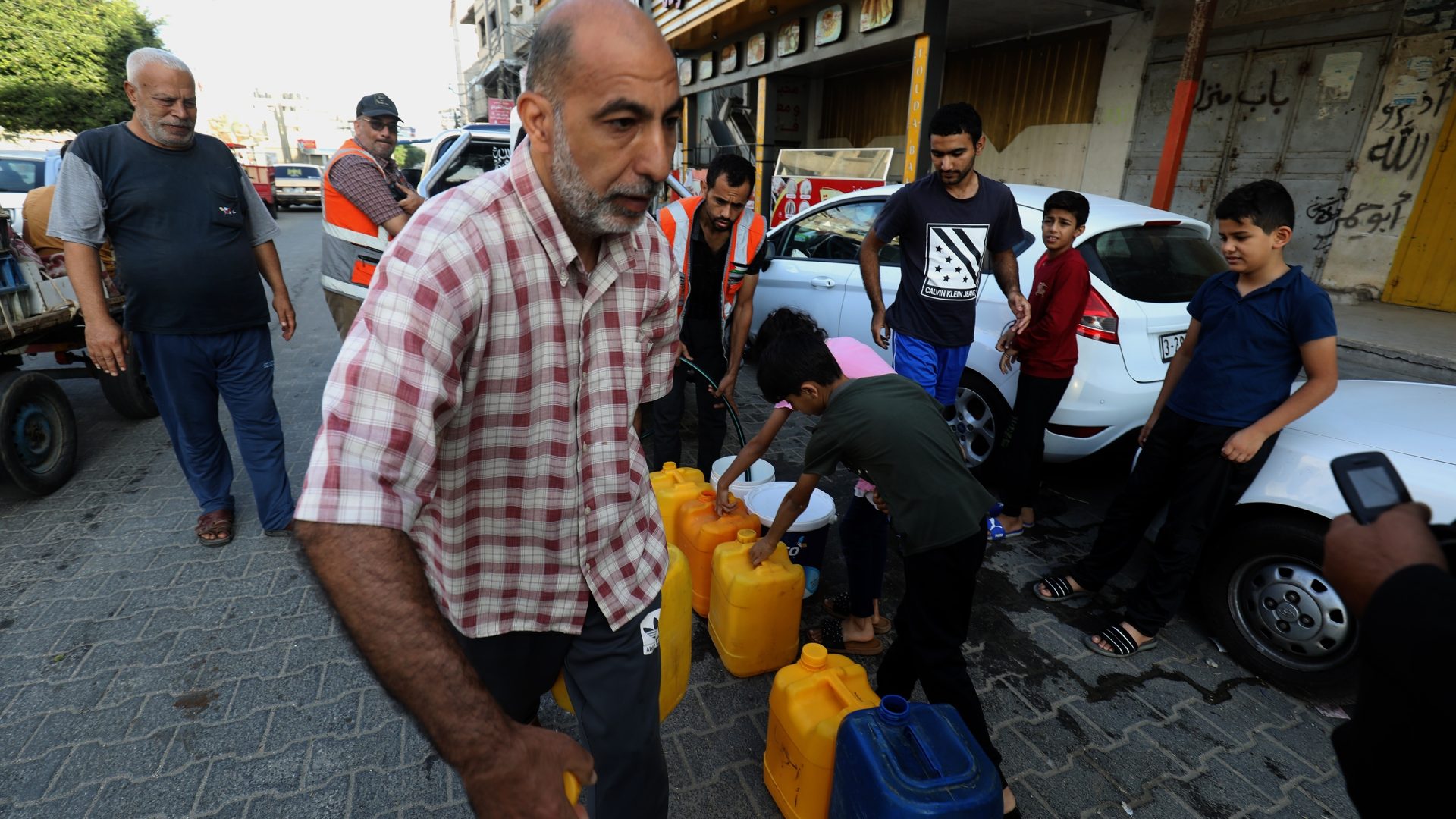The situation is getting more and more terrible by the day, beyond belief, literally. The health system is on its knees. Gaza can’t afford to lose any more health facilities, another single ambulance, any more hospitals or even a single hospital bed more.
This was the opening statement made by Christian Lindmeier of the World Health Organization (WHO) for ‘The Future of Gaza Health’ meeting which I attended in Amman on 7 February 2024. With a focus on around the rebuilding of the health sector in Gaza, the figures shared were staggering; many hospitals no longer functioning, most healthcare facilities destroyed, essential equipment damaged beyond repair, basic medical supplies unavailable, and health staff either killed or injured. All this at a time when the demand for health services has risen exponentially due to mass casualties and around 350,000 people suffering from non-communicable diseases with almost no medication available.
One speaker was asked to put a cost to the efforts of returning the health sector to a semblance of what it was before October 7 and came up with a figure of 2 billion US Dollars. A statement that was challenged by some as being too conservative an estimate.
A few questions were raised about the value of having such a meeting to discuss rehabilitation at a time when the war is still ongoing, and the future remains so unpredictable. Although the uncertainty was acknowledged, there was a consensus that the extent of devastation in Gaza is so severe that once the conflict subsides, there will be an urgent, immediate, and comprehensive need for assistance. Delaying this support due to insufficient planning at present would be deemed unreasonable.
Everyone in Gaza has suffered massively over the last few months. Stories circulated at the meeting of babies, children, pregnant mothers, people with disabilities, people suffering from chronic diseases, and cancer patients left without treatment, were all harrowing, to say the least. By aiming to include older people in that list, HelpAge International is not undermining or questioning the significance of a response that should encompass everyone affected by the conflict.
However, older people were regrettably overlooked in many of the presentations. Whether in our ongoing involvement in humanitarian programming with our local partners in Gaza, or in our planned contribution to the subsequent rehabilitation efforts, it is crucial to emphasize older people’s specific vulnerabilities while also acknowledging their capacities and agency.
Finding any glimpse of light in the current darkness surrounding Gaza is challenging at the moment. The firsthand stories shared in this meeting were distressing to hear, reflecting much of the daily news on our TV screens. However, amidst the grimness, the accounts of two doctors—one from the UK and the other from Jordan—who had recently worked in one of the remaining hospitals in Gaza were truly inspiring. Their discussions were not centred on themselves, but rather on the challenging conditions in their workplace and the plight of their patients. When asked about navigating through the harrowing experiences they must have witnessed, one of them credited his strength to the bravery, dedication, and determination of the local health staff he worked with—individuals who, despite having endured personal losses among their own families, gave him the strength to persevere.
This blog piece is written by Chris McIvor, Regional Head for Eurasia and the Middle East at HelpAge International, based in Amman, Jordan.

